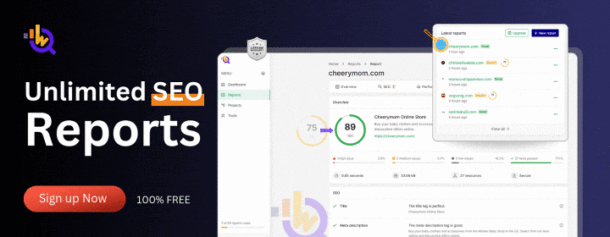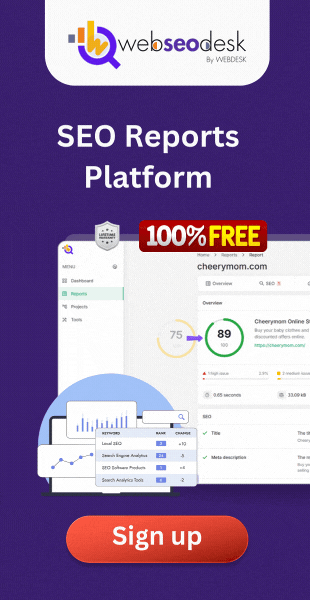SEO (Search Engine Optimization) is sometimes viewed in the realm of digital marketing as an other entity apart from social media. But as the internet develops, the distinction between SEO and social media has grown progressively hazy. Search engine optimization performance is highly influenced by social networking sites such Facebook, Instagram, Twitter, LinkedIn, and others. Though social signals (likes, shares, comments) are not direct ranking criteria for Google, social media indirectly but significantly helps to improve SEO initiatives.
- Higher Website Traffic
Driving traffic to your website is among the most direct ways social media influences SEO. Sharing excellent, interesting material on social media draws viewers that click on to your website. More visitors to your website indicate to search engines that your site is useful and pertinent. Although search results are not directly influenced by social media shares, the traffic that shares produce can help to increase search result visibility.
Two are enhanced brand awareness and credibility.
Social media raises brand awareness; as more people come to know your brand, they are more likely to look for it straight on search engines. For Google, brand searches are a rather good gauge of legitimacy and trust. Your SEO performance will probably get better the more often your brand is searched for and mentioned on social media sites. On social media as much as in search results, people often trust brands they come across frequently.
- Linkbuilding and Content Promotion
Excellent means of content promotion are social media channels. Blog entries, stories, or videos you publish could become viral and increase web presence. More backlinks from credible websites resulting from more visibility can help with SEO greatly depending on this. Google highly values backlinks from reputable websites as a ranking signal. Social media so indirectly aids in your efforts at link-building, so enhancing SEO performance. - Social Messages and Involvement
Though they are not direct ranking criteria for Google, social signals—like likes, shares, and comments—have an indirect influence on SEO. High social media involvement can tell search engines your material is valuable and speaks to your audience. Users interacting with your posts demonstrate that your material is relevant, which will raise search engine results and social media profile visibility.
Furthermore, interacting with your audience on social media may produce favorable brand references. These references can increase traffic to your website and inspire people to link back to your material, therefore improving SEO efforts even though they have no direct effect on rankings.
- Controlling Rich Snippets and Search Results
Regarding rich snippets and search results, social media can affect search engine outcomes. Sharing highly relevant or interesting material will show up in Google’s rich snippets—the improved search results with more data like ratings, pricing, or photos. Although social media shares alone might not directly contribute to rich snippets, they might create more exposure for other content creators to connect to or reference your material, therefore producing better search results.
Besides, Google indexes much of the material posted on social media. Social media pages themselves can also rank in search results and offer still another means of exposure. Social media accounts, particularly those on LinkedIn or YouTube, can rank for branded searches or particular searches, therefore improving your whole SEO footprint.
Six: Social Media Profiles and Local SEO
Local SEO heavily relies on social media. Sites like Facebook, Instagram, and Google My Business let companies interact with their local market and advertise nearby offerings. Participating actively on these sites increases your chances of showing up in local search results. Further improving your local SEO are client comments and interactions on these sites, which work as social proof.
Users interacting with your social media pages tell search engines your company is locally relevant and active. Higher prominence in local search results resulting from this helps prospective clients locate you more easily.
At last
Although social media has not a direct, quantifiable influence on SEO ranks, it is very important in generating traffic, raising brand awareness, and creating backlinks—all of which help to boost SEO performance. Businesses can increase search engine results by producing interesting, shareable material on social networking sites. Businesses must include social media tactics into their whole SEO campaigns to fully exploit their digital marketing possibilities as the link between social media and SEO keeps developing.












0 Comments